Kemin symposium: Evolution never stops
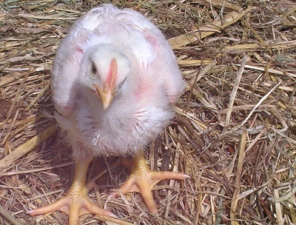
An audience of veterinarians and nutritionists from all over Europe joined for the “Evolution never stops” symposium in Brussels, Belgium on 3 February. The seminar was organised by Kemin Europe at the occasion of the expected introduction of the active microbial Clostat on the European market.
Clostat produces a specific biocide in the gastro-intestinal tract that has inhibitory activity to Clostridium perfringens.
Infectious and non-infectious
Prof. Dr. Hafez from the Free University of Berlin addressed the audience on enteric diseases in poultry. He explained the causes, thereby making a distinction between non-infectious and infectious factors. Non-infectious causes come from feed characteristics and management failures, whereas infectious causes originate from viral, bacterial and mycotic agents and parasites.
Recent investigations showed that the use of some alternative products might be able to reduce the intestinal colonisation with pathogenic bacterial agents, according to Dr. Hafez.
Concern for gut health management
Prof. Jose I. Barragan Cos from the University of Valencia in Spain emphasized the fact that particularly the 15-30 day window in the growth curve of broilers is essential. According to Dr. Cos, there are different approaches of growing broilers. Besides the classical approach of feeding high density rations, another approach aims to ensure the animals growth during the whole production period, while optimizing a balanced gut during the “middle age enteritis”. What unifies them is the concern for gut health management, which is a crucial aspect for optimal animal performance, according to Dr. Cos.
Flock results improve
Maarten de Gussem of Vetswork in Belgium carried out field tests with Clostat on a farm in Belgium. Although the flocks were free from enteritis, test results indicated that FCR and daily weight gain improved and less mortality occurred. The overall flock results improved by over 4%. De Gussem calculated that based on these results, the financial benefit for 1 mln birds would be over €40,000. He clearly stated, however, that further research is needed to obtain more and reliable results.
EU approval expected
Clostat is on the market for a few years already and has been approved everywhere in the world, except in the EU. It is expected however, that in the course of next week Clostat will also be approved by the EU authorities.
Join 31,000+ subscribers
Subscribe to our newsletter to stay updated about all the need-to-know content in the poultry sector, three times a week. Beheer
Beheer

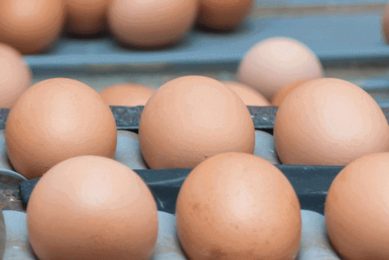
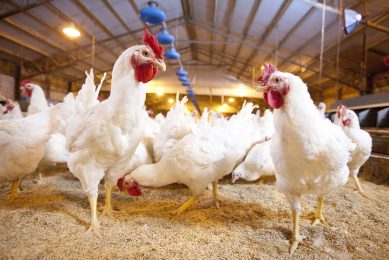
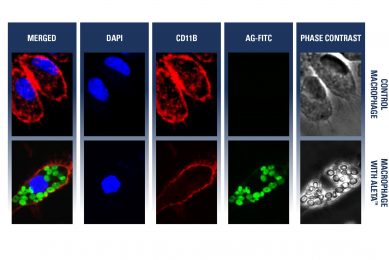
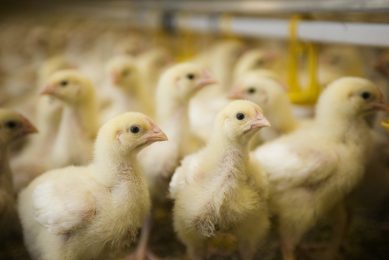



 WP Admin
WP Admin  Bewerk bericht
Bewerk bericht